News
Milking Added Value Options for Beverages
28 Oct 2014Many sources have highlighted dairy beverages as a key growth market for the future and certainly the soft drinks industry seems to think so, with Coca-Cola recently identifying value-added dairy as a top target for still beverage retail growth to 2020. The company has already entered the category with its partnership with Select Milk Producers […]

Many sources have highlighted dairy beverages as a key growth market for the future and certainly the soft drinks industry seems to think so, with Coca-Cola recently identifying value-added dairy as a top target for still beverage retail growth to 2020. The company has already entered the category with its partnership with Select Milk Producers to produce and distribute the Core Power protein-rich dairy-based sports recovery beverage, seen by many as a first step to creating a value-added nutritional dairy portfolio to run alongside its traditional carbonated and still soft drinks business.
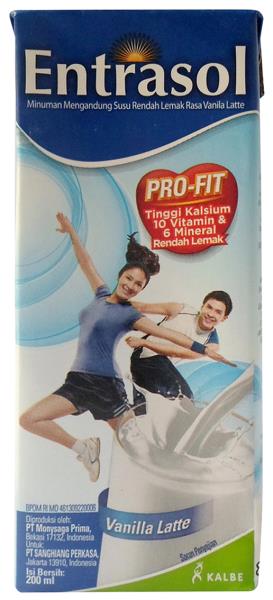
Opportunities for innovation can be relatively limited in milk and milk drinks in comparison with some dairy categories such as yogurt. In the dairy beverages market, milk itself is focusing on quality, purity, health and naturalness to drive new product activity and sales.
Nearly 70% of milk and milk drinks launches recorded by Innova Market Insights over the 12 months to the end of September 2014 carried a health positioning of some kind, led by low-fat claims used on over 40%. Other areas of ongoing interest in terms of claims included natural/organic/GM-free, lactose-free and protein content. Nearly 14% of launches used natural or organic claims, or both, while 10% used protein-related claims and 5.6% were marketed as lactose-free. Over 2% of launches used GMO-free claims, double the percentage of a year previously and despite the fact that GMO labelling is already compulsory in many countries.
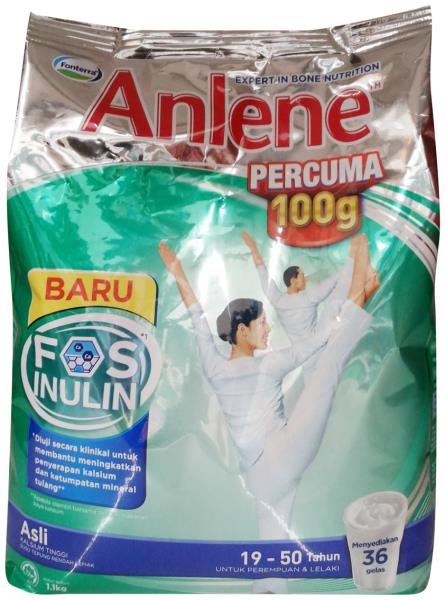
Many flavoured milks are also adding value with one or more of these health benefits and the dairy beverages market is also seeing considerable activity in products such as dairy-based coffee drinks, liquid breakfasts, drinkable yogurts, and performance beverages, including high-protein products.
Ready-to-drink (RTD) or iced coffee has been seeing particularly strong product and market activity in recent years, although it remains one of the smallest sectors of the soft drinks market in terms of new product activity, accounting for just 4% of global launches recorded by Innova Market Insights in the 12 months to the end of September 2014. This is up from less than 2.5% five years ago, however, and the actual number of launches has more than trebled over that period.
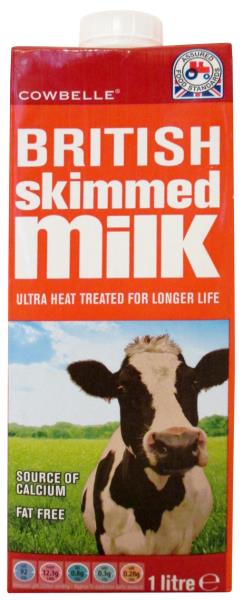
While ambient canned and bottled coffee drinks continue to dominate globally, particularly in well-established markets such as those in parts of Asia and the US, it is the chilled milk-based variants in lidded cups suitable for on-the-go consumption that have been leading growth, particularly in the relatively undeveloped European market.
The market has been further boosted in recent months with the arrival of some leading hot coffee brands with their own milk-rich ready-to-drink products in lidded cups. These include Mondelez’s market-leading Jacobs brand in Germany and Nescafe, which launched its Shakissimo range across a number of European markets.
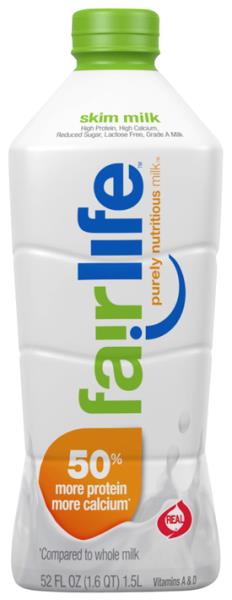
From the level of interest from key multinationals and brands already well-established in other areas of the beverage market, it seems that value-added dairy is regarded as a promising area for the future and we can await a succession of further developments from new and established players.
Related news

Retail landscape lacks nutritious and affordable food, says ATNi
30 Dec 2025
A rapid increase in modern food retail has given retailers growing influence over consumer diets, according to global non-profit ATNi’s latest assessment.
Read more
Debate over ban on ‘meaty’ names for plant-based products reaches stalemate
26 Dec 2025
The debate over a ban on plant-based products using “meaty” terms has reached a stalemate, leaving manufacturers in limbo and still facing overhauls to their marketing and packaging.
Read more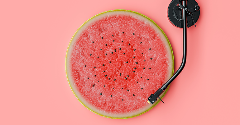
Multi-sensory food and drink products to gain traction in 2026
16 Dec 2025
Trend forecasters predict that sensory elements will play a larger role, helping food and beverage brands differentiate themselves in a competitive market in 2026.
Read more
Big appetite for M&A between European and US food and drink companies
3 Dec 2025
Persistent tariffs on EU food and beverage exports have helped drive record levels of M&A activity between European and US companies this year, according to analysis by ING.
Read more
Non-UPF Program extends certification scheme to entire food industry
30 Nov 2025
The Non-UPF Program has extended its certification scheme to the wider food sector, championing a move towards healthier consumption habits.
Read more
Lancet study links UPFs to chronic disease risk
26 Nov 2025
UPFs are consistently associated with an increased risk of diet-related chronic diseases, according to a comprehensive review of global evidence in The Lancet .
Read more
Concerns swirl around cinnamon’s compliance with EU law
25 Nov 2025
Cinnamon may be a top functional ingredient, but it needs stronger protocols to ensure it meets EU food safety laws and quality standards, say researchers.
Read more
Oat Barista: Innovation for game-changing beverages
20 Nov 2025
Oat Barista is a clean label, sustainable, and innovative drink base specifically designed to create the perfect foam in one single ingredient.
Read more
How younger consumers are redefining ingredient choices and rejecting brand loyalty
18 Nov 2025
Gen Z and millennial consumers’ preferences for transparency, functionality, and purpose are “redefining the very nature of consumption itself”, says SPINS.
Read more
Hybrid formats and flexible positioning to disrupt category norms in 2026
17 Nov 2025
Trend forecasters expect food and drink to move more fluidly across occasions, functions, and formats as consumers seek versatility, novelty, and convenience.
Read more